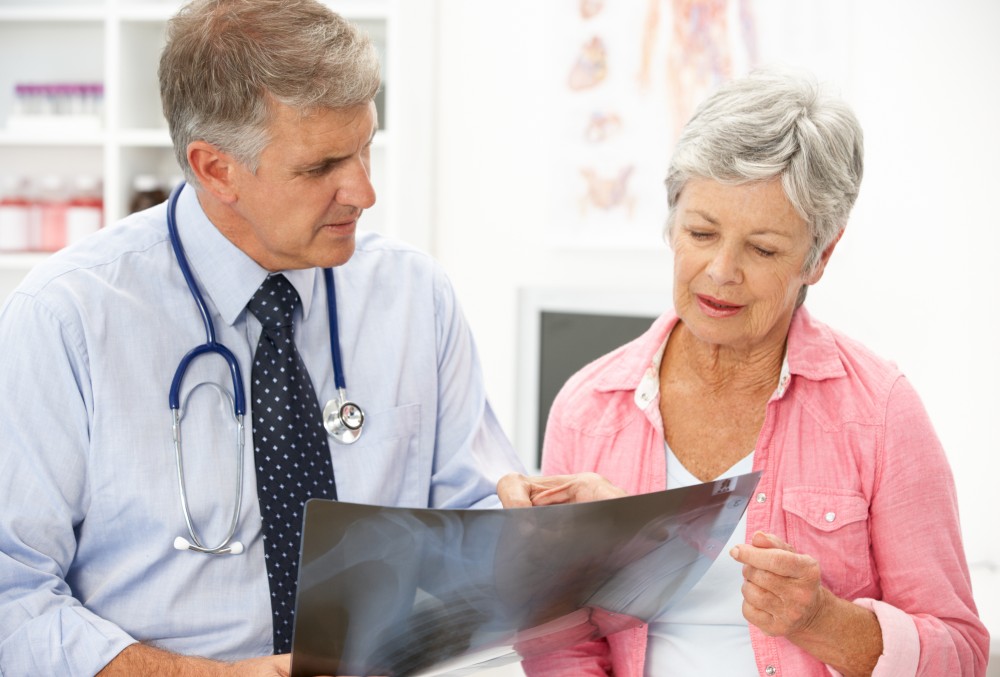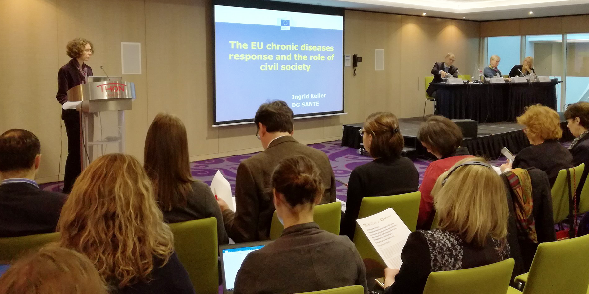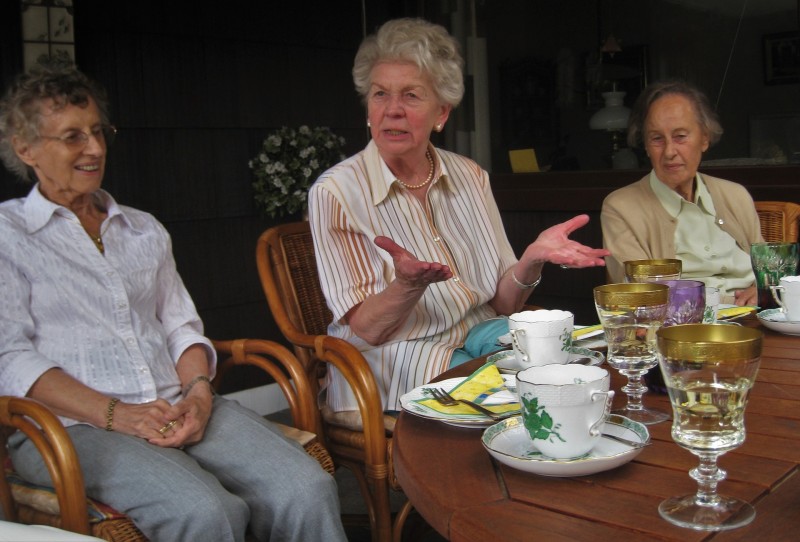
Jan 17, 2017
Evidence overwhelmingly supports a link between cognitive decline (including dementia) and cerebrovascular diseases such as atherosclerosis, arteriolosclerosis, and cerebral amyloid angiopathy. Not only do individuals with cerebrovascular diseases have a much higher incidence of cortical microinfarcts (mini-strokes), but post-mortem histological and in vivo radiological studies also find that the burden of microinfarcts is significantly greater among people with vascular cognitive impairment and dementia (VCID) than in age-matched, non-demented individuals.
Until now, the mechanisms by which these miniscule lesions (~0.05 to 3 millimeters in diameter) contribute to cognitive deficits including dementia have been poorly understood. (more…)

Jan 15, 2017
Researchers use Donkey Kong video game to help guide new approaches in neuroscience
The complexity of neural networks makes them difficult to analyze, but human made computing systems should be simpler to understand. In a study published in PLOS Computational Biology, researchers applied widely used neuroscience approaches to analyze the classic games console Atari 2600 – which runs the video game “Donkey Kong” – and found that such approaches do not meaningfully describe how the console’s microprocessor really works. (more…)

Jan 11, 2017
People with certain forms of early-onset Parkinson’s disease may benefit from boosting the amount of niacin in their diet, according to new research from the University of Leicester.
Niacin, or Vitamin B3, is found in a variety of foods, including nuts and meat.
The team from the MRC Toxicology Unit at the University of Leicester studied fruit flies with a mutation that mimics the human disease. (more…)

Jan 10, 2017
Published on ncdalliance.org
Brussels, Belgium – On the 12th and 13th of December 2016, the NCD Alliance and the European Chronic Disease Alliance (ECDA) co-organised a European meeting on the role of civil society in the regional response to NCDs. The meeting, co-sponsored by the World Health Organisation, convened NCD Civil Society Organisations (CSOs) in the region and brought together 67 participants from 22 countries across Europe. It aimed to share experiences, strengthen networks and increase capacity to drive advocacy, policy and accountability as well as to support implementation of the 2016-2025 WHO European Action Plan for the Prevention and Control of NCDs and other regional NCD priorities. (more…)

Jan 5, 2017
Published on www.csp.org.uk
Physiotherapists in North Devon have helped develop a free online guide to help carers, clinicians and therapists find suitable apps for neuro rehabilitation.
The mytherapy website was created by the stroke and brain injury team at Northern Devon Healthcare NHS Trust.

Image source: https://www.my-therappy.co.uk/
The team, including CSP members Emma Cork and Louise Holmes, has been using apps as part of their assessment and treatment for more than four years. The new website is a toolkit for stroke patients and clinicians of apps they have found to work well. (more…)

Jan 3, 2017
Leveraging existing relationships with friends and family may be a more effective way to improve patients’ health and encourage new healthy habits and behaviors than increasing interactions with physicians or other clinicians. In a new perspective published by the New England Journal of Medicine, Penn Medicine behavioral economists suggest a five-step ladder to effectively engineering social engagements that promote health and to test their acceptability and effectiveness. (more…)

Jan 3, 2017

Image: pixabay.com
Frequent sauna bathing may protect men against dementia, Finnish study suggests.
Frequent sauna bathing can reduce the risk of dementia, according to a recent study carried out at the University of Eastern Finland. In a 20-year follow-up, men taking a sauna 4-7 times a week were 66% less likely to be diagnosed with dementia than those taking a sauna once a week. The association between sauna bathing and dementia risk has not been previously investigated. (more…)

Dec 29, 2016
By Teresa Dumain, first published here
Women are at greater risk for stroke than men, but these simple steps can lower your risk.
Midlife women are twice as likely as men to have strokes, an alarming fact in and of itself. But what’s even more alarming is that if you crunch the numbers, it just doesn’t make any sense. Men smoke more, drink more, and see their doctors less—probably to avoid confessing their sins. Cigarettes and alcohol up the risk of stroke, yet each year, about 55,000 more women than men suffer from them. (more…)

Dec 27, 2016
By Susan Young | Posted: December 27, 2016 on Healthcare Communication News

Image: pixabay.com
People are using technology to enhance their overall health.
Effective digital communicators have a deep understanding of where their prospects are spending time, and how best to reach them.
They’re quite busy on computers, tablets and mobile devices, according to this infographic. What exactly are folks looking at online? (more…)

Dec 27, 2016
Written by Ana Sandoiu
First published here
With their rich content of fiber, low saturated fats, and high levels of antioxidants, nuts are one of the healthiest and most nutritious snacks out there. New research shows that the health benefits of nuts may be even more wide-ranging than we think.
Nuts are packed with nutritional value. Rich in unsaturated fatty acids, fiber, vitamins, minerals, and various antioxidants, nuts have earned their spot in the “superfood” category. (more…)
















